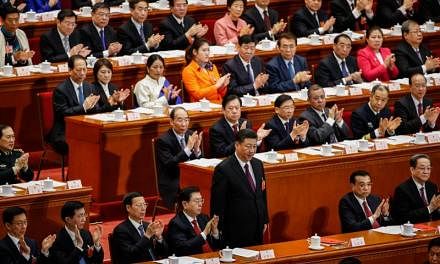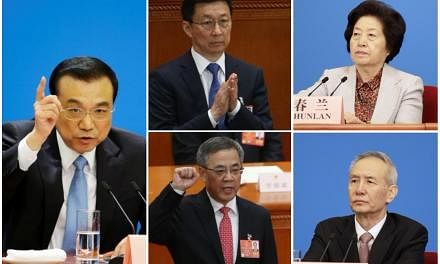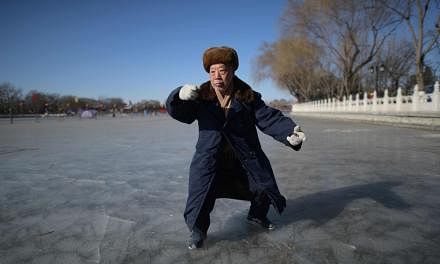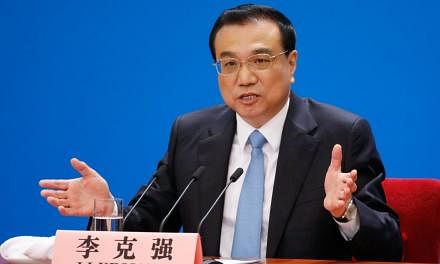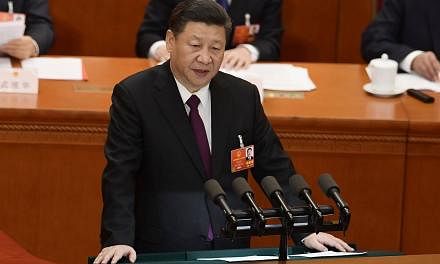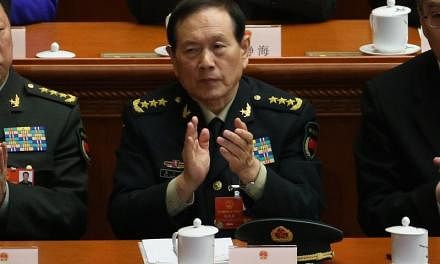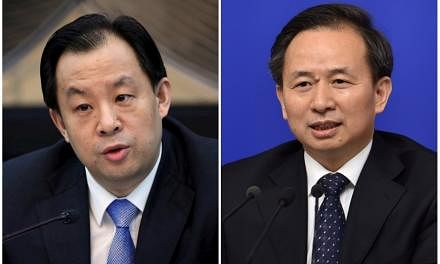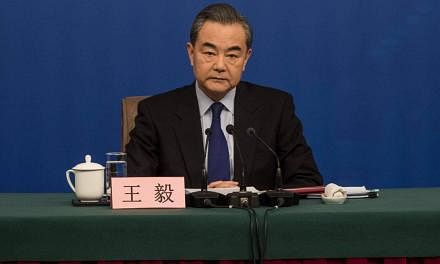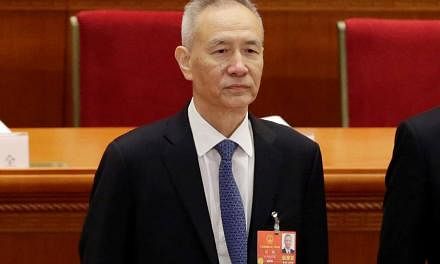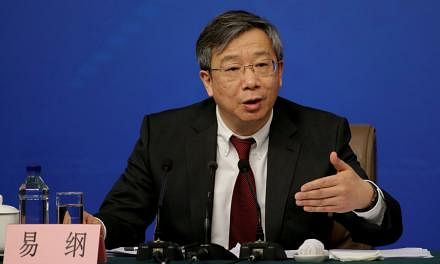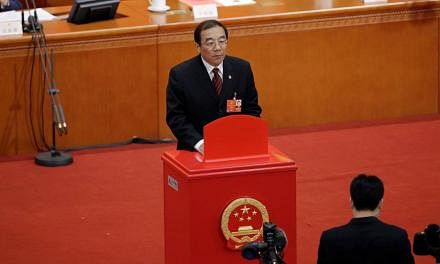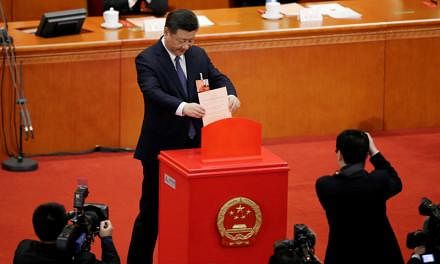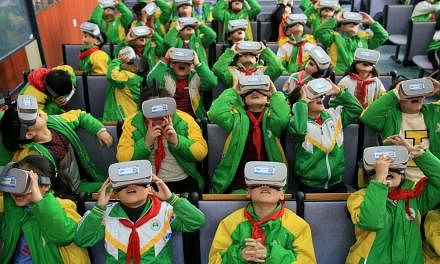BEIJING (REUTERS) - After admitting last year political education for university students in China was outdated and unfashionable, the education minister changed track on Friday (March 16) and said the classes were now so popular seats were as hard to get as train tickets at Lunar New Year.
Beijing has campaigned against the spread of "Western values" at universities, and the ruling Communist Party's anti-corruption watchdog has sent inspectors to monitor teachers for "improper" remarks in class.
Speaking on the sidelines of the annual meeting of last year's parliament session, Education Minister Chen Baosheng said students were often there in body but not spirit at political education courses, in a rare admission of the difficulties faced enforcing a key government policy.
But in the last year there had been big changes, Chen said at his annual news conference coinciding with this year's parliamentary meeting.
The ministry had sent more than 200 experts in political education into more than 2,500 higher education establishments and sat in on more than 3,000 classes, Chen said.
Questionnaires were given to more than 30,000 students of whom more than 91 percent said they now found the classes "edifying", he added.
"In some schools' political education classes, (getting in) is like the difficulty of getting a ticket for the high speed rail over Spring Festival," Chen said, referring to the Lunar New Year holiday when millions pack trains, planes and cars to get home.
"With the hard work of the last year, there's been a massive change. But we clearly recognise that these results are initial ones, and they need to be further strengthened and consolidated."
Crackdowns on what academics and students can say and should think are nothing new in China.
Curriculums and speech at universities, in particular, are tightly controlled by the government, fearful of a repeat of the pro-democracy protests in 1989 that were led by students and eventually crushed by the military.
In 2013, a liberal Chinese economist who had been an outspoken critic of the party was expelled from the elite Peking University.
A year later, the university, once a bastion of free speech in China, established a 24-hour system to monitor public opinion on the internet and take early measures to control and reduce negative speech, according to a party journal at the time.
China aims to build world-class universities and some of its top schools fair well in international rankings by various standards. However, critics argue constraints on academic freedom could inhibit those ambitions.

